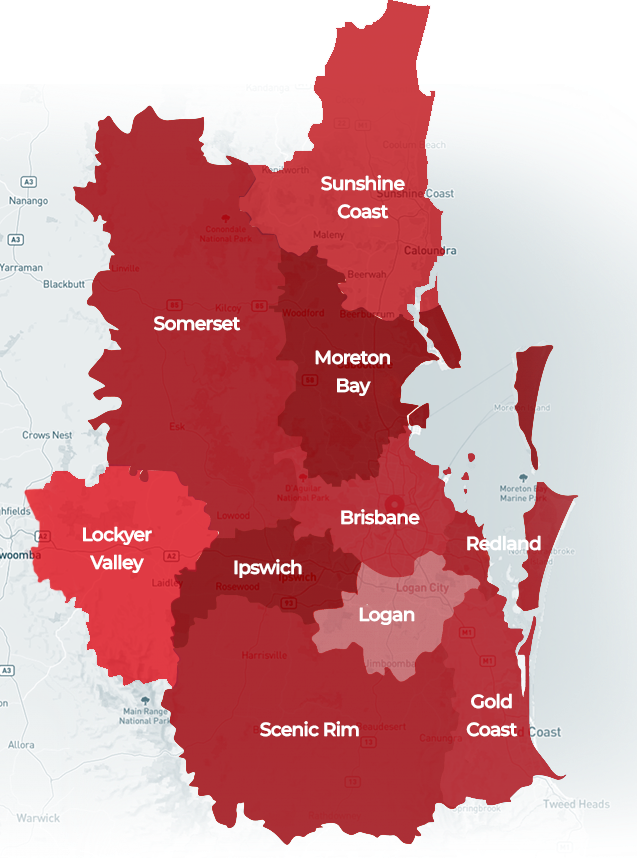Understanding Autism: Exploring the Spectrum
Autism, or Autism Spectrum Disorder (ASD), is a neurodevelopmental condition that affects how a person communicates, interacts with others, and experiences the world around them. Autism is a spectrum disorder, which means it manifests differently in each individual, ranging from mild to severe.
What Causes Autism?
The exact cause of autism is still unknown, but researchers believe it involves a combination of genetic and environmental factors. While there is no single cause of autism, certain risk factors such as advanced parental age, genetic mutations, and prenatal exposure to certain medications or toxins may increase the likelihood of a child developing autism.
Understanding the Spectrum
One of the most important things to understand about autism is that it is a spectrum disorder. This means that individuals with autism can have a wide range of abilities, strengths, and challenges. Some individuals may have exceptional skills in areas such as mathematics or music, while others may struggle with social interaction or sensory processing.
Common Characteristics of Autism
While autism presents differently in each individual, there are some common characteristics that are often associated with the condition. These include:
- Difficulty with social communication and interaction: Individuals with autism may have difficulty understanding social cues, making eye contact, or engaging in conversation.
- Repetitive behaviours and routines: Many individuals with autism engage in repetitive behaviours, such as rocking back and forth, hand-flapping, or repeating certain phrases.
- Sensory sensitivities: Individuals with autism may be hypersensitive or hyposensitive to sensory stimuli, such as loud noises, bright lights, or certain textures.
- Special interests: Many individuals with autism have intense interests in specific topics or activities and may spend a significant amount of time learning about or engaging in these interests.
Early Signs of Autism
Recognizing the early signs of autism is crucial for early intervention and support. Some common signs of autism in young children include:
- Lack of or limited eye contact
- Delayed speech or language development
- Difficulty with social interaction, such as not responding to their name or showing little interest in playing with others
- Repetitive behaviours, such as hand-flapping or spinning objects
- Sensory sensitivities, such as being bothered by certain textures or sounds\
Supporting Individuals with Autism
While there is no cure for autism, early intervention and support can make a significant difference in the lives of individuals with autism. This may include therapies such as applied behaviour analysis (ABA), speech therapy, occupational therapy, and social skills training. Additionally, creating a supportive and inclusive environment that respects the individual strengths and challenges of individuals with autism is essential.
Conclusion
Autism is a complex and diverse condition that affects individuals in different ways. By increasing awareness and understanding of autism, we can create a more inclusive and supportive society that embraces the unique strengths and abilities of individuals with autism.
If you have any concerns about yourself or a loved one possibly having autism, it's important to seek guidance from a healthcare professional for a comprehensive evaluation and appropriate support.
If you or a loved one has been diagnosed with Autism and need guidance or support, we're here to help. To discover more about the NDIS and our support services available in South East Queensland, covering areas such as Redlands, Logan, Brisbane, Ipswich, the Gold Coast, and the Sunshine Coast, feel free to reach out to us at
0478 768 273 or
via email. We're dedicated to assisting individuals with Autism and their families navigate the support options available to them.










